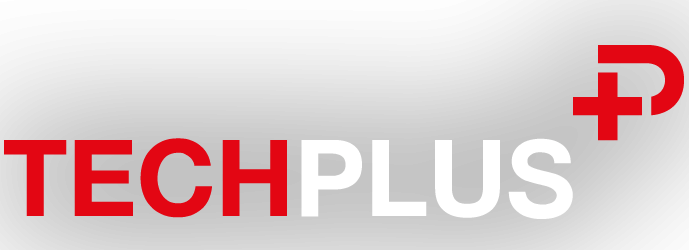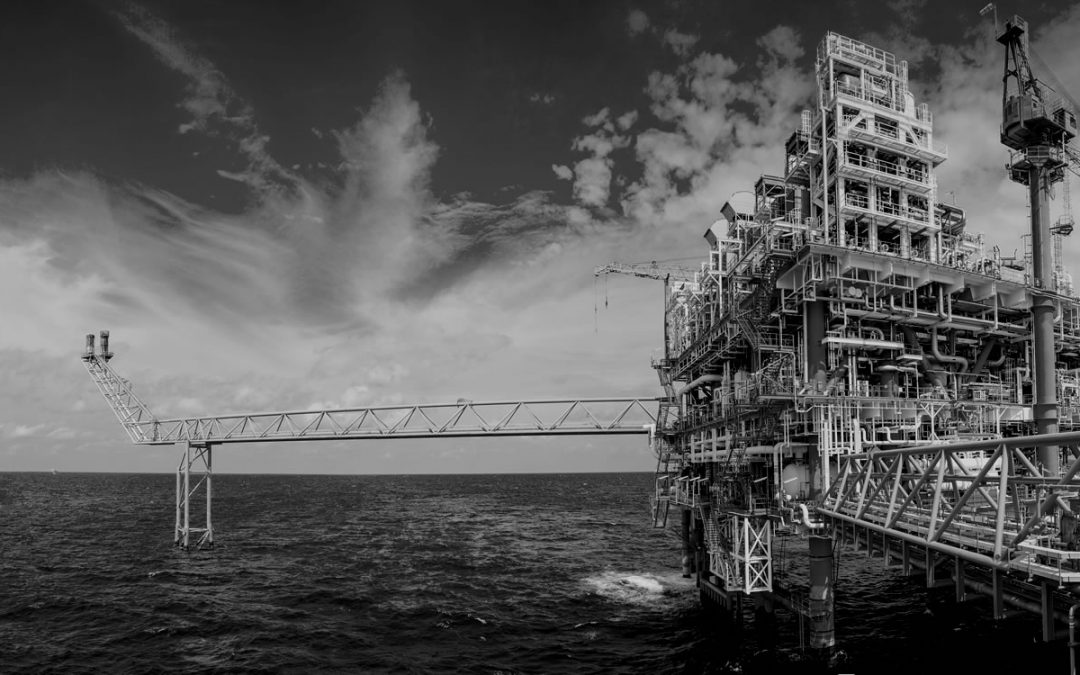SUPPLY CHAIN MANAGER
Role Overview:
The Supply Chain Manager is commercially responsible, on any contract assigned to them, for all pre and post contract commercial issues relating to a contract on the project.
The Supply Chain Manager is an important role within the Supply Chain Group with accountability to the Senior Supply Chain Manager for the successful commercial administration of one or more contracts.
As such the Supply Chain Manager is empowered to make decisions around the Principal Accountability areas, under the overall guidance of the Senior Supply Chain Manager and in accordance with delegated levels of authority.
The Supply Chain Manager will be the primary point of commercial contact on the contract/s assigned to them and will be required to work closely and pro-actively with the other stakeholders at all levels and across all the teams within Nuclear New Build (NNB) to ensure that the requirements of the individual contracts and their impact upon the overall Project are successfully delivered.
Remit: Site & AD
Principal Responsibilities:
The Supply Chain Manager is responsible and accountable for:
- The day to day management of Supply Chain Assistants under their control.
- Providing support to the procurement process during the Procurement phase (pre-award).
- Providing commercial management of contracts during the execution phase (post-award).
- Providing commercial management for the delivery of contract final account agreements (close out).
- Responsible for the delivery of the contract in accordance with governance requirements to meet Project and business objectives.
- Professional development of self and people within the team.
Procurement Phase:
Providing support to the procurement process and Senior Supply Chain Manager/Supply Chain Lead during the contract creation phase (pre-award) including assessing the scope, duration and expected value of each of the Contracts against the budget and defining the commercial requirements of a contract. Part of this will include participating in the Commercial Review of the technical and commercial requirements, ensuring that the specifications and commercial terms of the contract including; Scope of Works, Required Services, Planning, Safety and Quality Standards etc. are aligned across the Project and ensuring that the commercial terms will allow effective contract administration.
The Supply Chain Manager is responsible for ITT preparation, evaluation and negotiation, ensuring that selected tenders are compliant with the scope and commercial requirements, including:
- Provide stakeholder management across the project.
- Managing Supplier / Contractor commercial relationships and engagement
- Implementing progress and dashboard reporting, preparation of contract specific progress reports and reporting
- Maintaining procurement and contract commercial files and records
- Interfacing with Legal team on conditions of contract issues and non-disclosure agreements
- Ensure that the strategy for collaborative working is followed in the procurement phase
- Development of ITT/RFQ packages including; technical, commercial, legal documentation
- Ensure lessons learnt from HPC are captured and implemented in procurement strategy
The Supply Chain Manager will provide support to the Senior Supply Chain Manager / Supply Chain Lead in ensuring all internal governance approval is in place to enable timely Contract Award.
Execution Phase:
The Supply Chain Manager is responsible for the commercial administration of the contract during the execution phase including commercially leading and managing the contract/s to successful completion to maximise operational and financial performance and minimise commercial risk in order to help support the safe and cost-effective delivery of programme and business objectives. The Supply Chain Manager is responsible for knowing the contract including fundamental matters such as: Scope of Work / Services and Associated Programme; Prices and Rates Schedules; Key Personnel and Arrangements for Contract Administration, incentive arrangements along with administration of commercial management tools including, but not limited to, CEMAR and SAP.
The Supply Chain Manager will work with collaborative behaviours, in a spirit of mutual trust and cooperation by ensure that the strategy for collaborative working is followed in terms of leading by example in establishing effective collaborative arrangements with all parties in the integrated team. The Supply Chain Lead will seek to achieve ‘win-win, equitable commercial outcomes for all parties. Contributing positively to the various collaborative working initiatives, team building activity and behavioural/relationship assessments and seek and act proactively and positively upon feedback on personal attitudes and behaviours, thereby adopting positive and proactive approaches to facilitate early commercial close out.
The Supply Chain Manager is responsible for ensuring that all commercial activities are conducted throughout execution of the contract in accordance with Supply Chain Procedures including:
- Participating in the contract kick-off meeting and organising the Supply Chain section of the meeting.
- Commercially Administering the contract including; Notices and Instructions; Applications, Invoicing and Payment; Variations and Changes; Disputes and Claims; Delays, Extensions of Time, Force Majeure and Liquidated Damages; Bonds and Guarantees; Intellectual Property Rights; Termination; Progress Monitoring and Financial Reviews; Liabilities; Confidentiality Agreements; etc.
- Management of the Accepted Programme.
- Manage all commercial correspondence and contractual notices issued in accordance with the contract conditions and Supply Chain Procedures.
- Ensuring the timely production and administration of payment applications and invoices.
- Ensuring contractual deliverables are met.
- Leading contract commercial reviews and attending progress reviews where necessary.
- Recommend mitigating actions on all commercial risk / claim events at the earliest possible time.
- Implementing contract commercial / financial reporting and participating in periodic contract reviews.
- Participating in contractor performance management.
- Maintenance of Contract commercial files and cost records.
- Leading commercial reviews of Contractors delivery and attending valuation, progress and risk reviews where necessary.
Closeout Phase:
The Supply Chain Managers have responsibility and accountability for managing the close out phase of each contract including managing the contract Supply Chain Team in the implementation of the strategy for collaborative working by adopting a ‘One Team’ integrated approach with ‘parallel’ working rather than ‘serial’ working. At all times provide commercial support to the Project Manager in the effective delivery of the contract and ensuring formal Contract commercial completion and closure of all the Project Contracts and identification and recording of commercial lessons Learnt. At all times operate in accordance with IMS, rules, procedures to ensure that all contracts are administered within delegation of authority and the overall governance / assurance regime.
Dimensions:
The Supply Chain Manager will typically be responsible for a contract or range of contracts between £0-£50M in value subject to level of risk or complexity.
Reports to: Snr Supply Chain Manager / Supply Chain Lead
Department/Team: Supply Chain
Notes:
Note1: This job description is not an exhaustive list of the responsibilities & activities that the job holder may be required to undertake.
Note2: Travel costs for non-local candidates would be considered.
Note3: Based in Client office – Monday to Friday – 40hrs per week.
Note4: Please provide travel plan to undertake this role / salary expectation / current notice period on Cover Letter with this application
Qualifications
Essential:
- Able to demonstrate a noteworthy track record of administering successful contracts.
- Effective commercial / contract management skills are essential, with clear knowledge of best practice contract methodologies.
- Good commercial skills and ability to make sound decisions on matters of financial value.
- Understanding of contract performance measurement, risk management and change and claim management.
- Good negotiating, influencing and communication skills to command professional respect at all levels.
- Familiarity with most common Forms of Contract (NEC & FIDIC) within the power construction industry and major projects and programme environment; with particular knowledge of UK Law and its impact upon the contract and commercial function is essential.
- Familiar with the nuclear site licence conditions and the nuclear baseline philosophy.
- Good understanding of the UK regulatory framework.
- Proficient user of MS Office.
- Fluent English – written & verbal.
Desirable:
- Educated to relevant degree level is preferable.
- Progressing to full membership of the RICS / CICES / IOB is preferable.
- Nuclear experience, working within a regulated, licenced environment.
- French and/or Chinese language – written & verbal.
Key Competencies:
Inspiration
- Having a clear direction and sense of purpose.
- The ability to innovate, think laterally and tackle new areas of risk and opportunity.
- Good communicator with the ability to adapt to different audiences, including influencing, negotiating, verbal, written and presentation skills.
- Good decision making.
Integrity
- Being honourable, trustworthy, fair and honest – respecting confidentiality.
- Acts as a role model for other commercial staff.
Impact
- Plans ahead, is able to identify important issues and works in a systematic way.
Involvement
- Engaging and motivating in a team of professionals.
- Participate in a working environment of safety, autonomy and trust.
Additional Requirements:
Must recognise the importance of nuclear safety and zero harm
Security Clearance: BPSS level security clearance required



